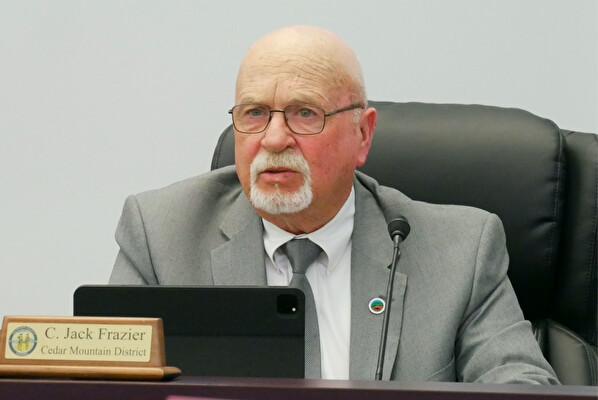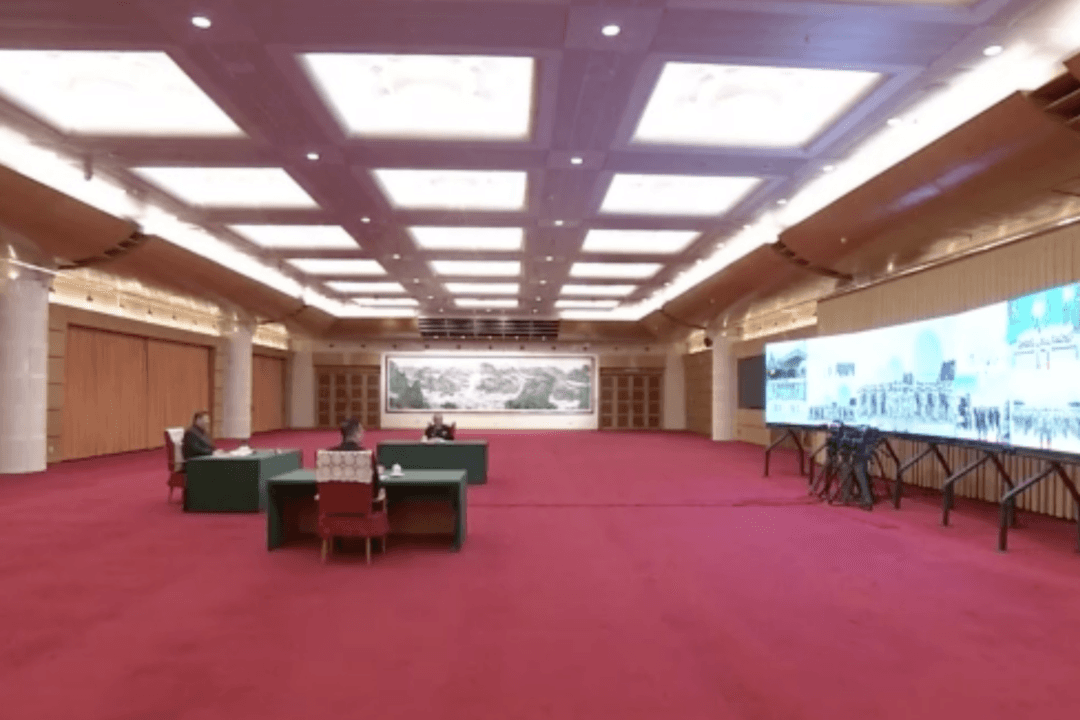Three more Virginia counties adopted resolutions in May condemning the forced organ harvesting perpetrated by the Chinese Communist regime.
Since last year, officials from 13 Virginia counties have adopted resolutions against Beijing’s forced organ harvesting practices. In May, three counties of Virginia, including Caroline, Culpeper, and Louisa, had taken a stance against the issue.
“We want to make sure this message gets out because we feel it’s important,” said Robert F. Babyok, Jr., chairman of Louisa County board of supervisors. “All Americans should be aware of this travesty that’s happening in China.”
Residents are called to be “fully informed of the organ source in China” as “there has been little media coverage of this problem,” said the statement intended to curb organ transplant tourism to China.
“This is one step closer to maybe giving an answer to China and saying, ‘Hey, enough is enough,’” Jack Frazier, one of the Board of Supervisors in Culpeper County, said in an interview with The Epoch Times.

“It’s just something that should not be happening. When you really look at it, it’s murder,” he said. “That’s the only way that you can look at it. I mean, you cannot take people’s organs and, you know, remove them from their bodies.”
Allegations of China’s removing vital organs from prisoners, who died in the process, for transplant surgery first surfaced in 2006, and based on over 18 different kinds of evidence.
More evidence was then presented in extensive reports, including a judgment by an independent tribunal chaired by Sir Geoffrey Nice, who previously led the prosecution of former Yugoslav President Slobodan Milosevic for war crimes.
Falun Gong, a spiritual practice, consists of meditative exercises and moral teachings centered on truthfulness, compassion, and forbearance.
Twenty-two years ago, the Chinese communist regime launched a campaign to eradicate Falun Gong, and subjected more than 70 million adherents to harassment, detention, forced labor, torture, and forced organ harvesting.
The independent tribunal’s report mentioned that other minority groups such as Uyghurs, Tibetan Buddhists, and house church Christians are also subject to the abuse.
“In the strongest possible terms,” the Louisa County Board of Supervisors condemn “the persecution of Falun Gong and the state-sponsored organ harvesting of all prisoners of conscience currently being carried out by the Chinese Communist regime.”
In the Epoch Times interview on May 13, Babyok said he hoped that the Chinese Communist Party (CCP) would “stop these intolerable, horrible procedures.”
On May 12, the State Department announced the sanction against Yu Hui, a former director of the agency tasked explicitly with persecuting Falun Gong in Chengdu city.
The legislation reintroduced in the Senate and the House may shed light on the issue.




